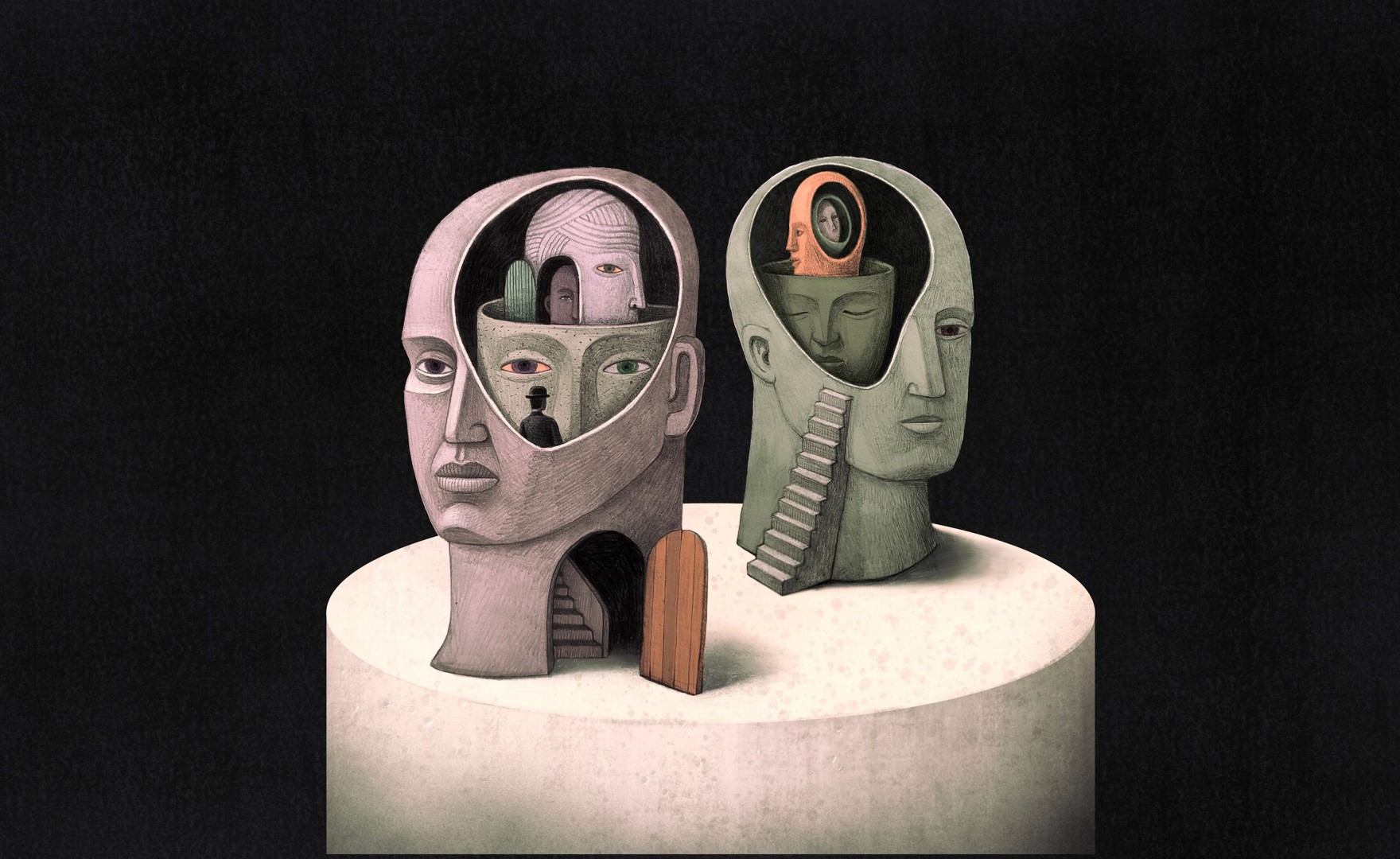The AoEC’s consultancy services are offered to organisations and feature a portfolio of tailored coaching based solutions and products that can serve to address a multitude of issues facing both large and small businesses today.
The importance of humanising learning experiences at work
21st June by Lee Robertson
Reading time 3 minutes

The human element of workplace learning is sometimes overlooked in favour of efficiency and technology. However, humanising learning experiences is essential for fostering a supportive and engaging environment. By integrating best practices in designing and delivering learning and development (L&D) programmes, organisations can address a wide range of needs including leadership and management training.
Here we explore the human advantages of coaching as a development style and discuss why emotion is as crucial in the learning process.
Designing human-centred learning experiences
Human-centred learning experiences begin with understanding the diverse needs of employees. A one-size-fits-all approach to L&D is outdated; instead, personalised learning paths that consider individual goals, strengths and areas for improvement are essential. Best practices in designing these experiences include:
- Needs analysis: conduct thorough assessments to identify the specific needs of employees. This can be achieved through employee surveys, interviews and performance data analysis.
- Flexible learning options: offer a blend of online and in-person learning opportunities. Flexibility allows employees to engage with material at their own pace and convenience.
- Interactive content: use interactive elements such as simulations, role playing and group discissions to embed the learning and make it more engaging and relatable.
By concentrating on these aspects, organisations can create a more inclusive and effective L&D programme that resonates on a personal level with employees.
The role of coaching in development
Coaching stands out as a particularly effective method for humanising learning experiences.
Unlike traditional training methods, coaching emphasises individual growth and self-discovery. Here are some benefits of adopting coaching as a development style:
- Personalised attention: coaching provides tailored support that addresses specific challenges and goals, ensuring that learning is both relevant and impactful.
- Scaffolding for skill acquisition: in the context of adult learning, coaching acts a powerful form of scaffolding. It supports and guides learners as they acquire new skills, helping them build on their existing knowledge and gradually increase their competence and confidence.
- Empowerment and motivation: coaches can help employees identify their strengths and potential which can boost confidence and motivation.
- Long-term development: coaching focuses on sustainable growth, encouraging employees to develop skills and mindsets that will benefit them throughout their careers.
Emotional intelligence in learning
While cognitive skills are essential, emotional intelligence (EI) also plays a critical role in the effectiveness of learning experiences. Emotions influence our ability to absorb and retain information, as well as our interpersonal relationships and decision-making processes. Incorporating EI into L&D programmes can lead to several noteworthy advantages:
- Enhanced engagement: learning experiences that evoke positive emotions are more engaging and memorable. Techniques such as storytelling and real-world applications can make the learning more relatable.
- Better interpersonal skills: training that includes EI components can improve communication, empathy and teamwork, all of which are crucial for leadership and management roles.
- Resilience and adaptability: EI helps employees manage stress and adapt to change, making them more resilient in the face of workplace challenges.
Integrating emotion and cognition
Balancing emotion and cognition in L&D programmes is essential for creating well-rounded learning experiences. Here are some useful strategies to achieve this balance:
- Contextual learning: present information in a context that is meaningful to the learner. Real life scenarios and case studies can help bridge the gap between theory and practice.
- Reflective practices: encourage employees to reflect on their experiences and emotions during the learning process. Reflection is a powerful tool and helps in consolidating knowledge and understanding personal growth.
- Supportive environment: create a learning environment which is supportive and inclusive. This includes providing developmental feedback that is constructive and encouraging, fostering a culture of continuous improvement.
The rising trend of personalised learning
Personalised learning is becoming increasingly important in the modern workplace. Customising learning experiences to meet individual needs can significantly enhance engagement, retention and effectiveness. This trend involves:
- Individual learning plans: develop bespoke learning plans based on each employee’s career goals, strengths and areas for development.
- Adaptive learning technologies: use technology that adapts content and pace to the learner’s progress and preferences to ensure a tailored learning journey.
- Continuous feedback: provide ongoing, personalised feedback to help learners stay on track and make necessary adjustments to their learning paths.
Humanising learning experiences at work is a necessity in fostering a more productive and motivated workforce. By adopting best practices in L&D design, leveraging the benefits of coaching and recognising the importance of emotional intelligence, organisations can create enriching learning environments for everyone.
These human-centred approaches ensure that employees are not only skilled and knowledgeable, but emotionally resilient and motivated, leading to a more dynamic and successful organisation.
If you would like to discover more about coaching and training as a coach, do come along to one of our free upcoming virtual open events or webinars.
Article
Managing discussions in leadership teams: how team coaching enhances effectiveness
25th March 2025 by Lee Robertson
Effective discussions are the foundation of a high-performing leadership team. When senior leaders come together, their conversations shape decisions, drive…
Article
Why leadership teams fail
26th March 2025 by John Hill
Being invited to write about why leadership teams fail has sparked more reflection than I expected. What does it mean…
Article
B Corps and employee engagement: why coaching could be the missing link
18th March 2025 by Lee Robertson
B Corp certification has rapidly become a hallmark of businesses committed to balancing profit with purpose. However, achieving certification is…